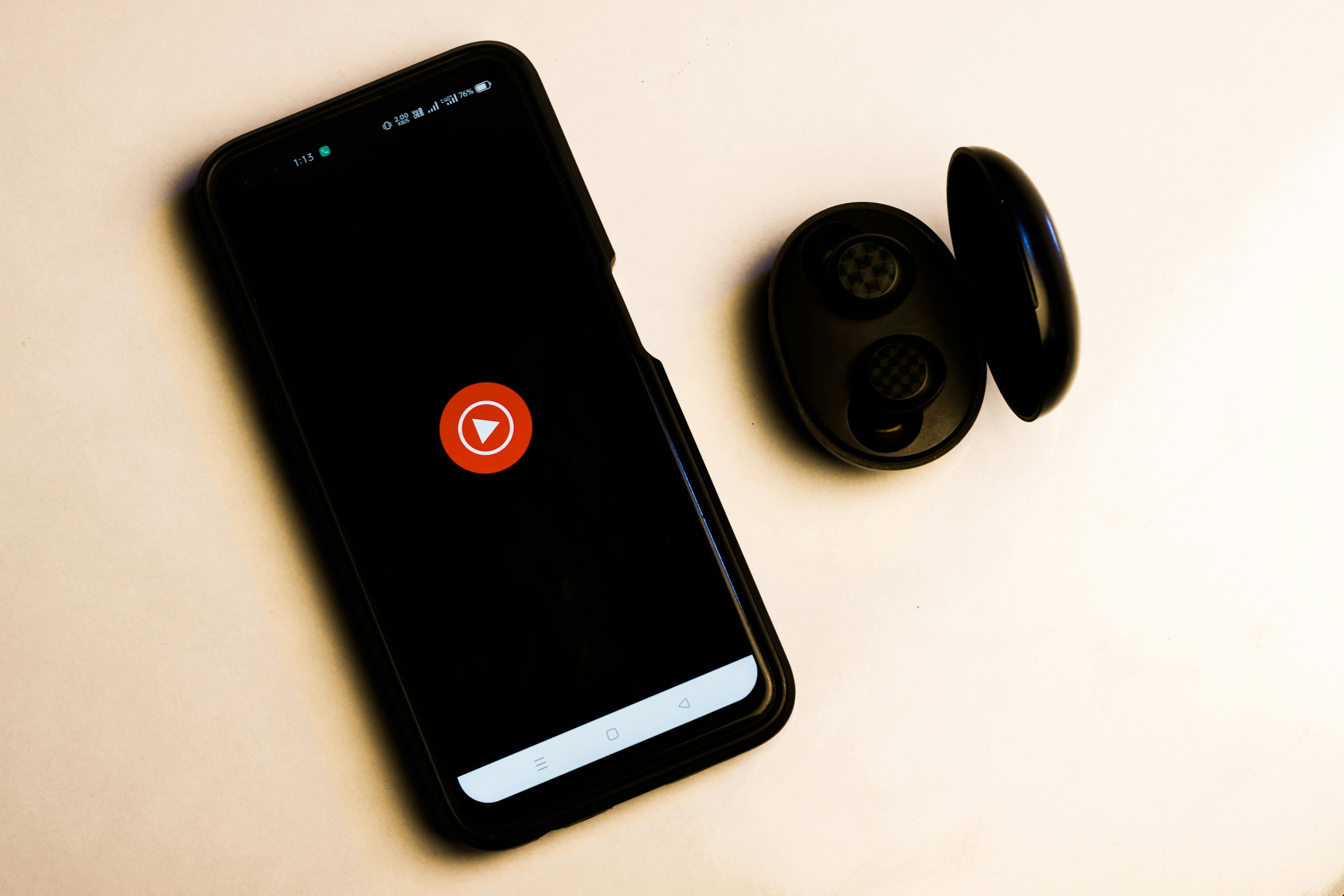The music industry has never been louder or more fragile.Valued at over $28 billion globally, the music sector is one of the most emotionally resonant and financially complex creative ecosystems in the world. Artists, producers, distributors, and platforms invest heavily in content creation, licensing, and monetization. But despite the rise of legal streaming platforms, music piracy remains a structural threat, evolving rapidly across channels where copyright enforcement struggles to keep up.
Today, Telegram and Apple Music sit on opposite ends of the digital spectrum, one structured and licensed, the other borderless and largely unmoderated. Yet both, in different ways, reflect how vulnerable even the strongest players are in a system where enforcement mechanisms still lag behind digital behavior.
Apple Music vs. Telegram: The Platform Paradox
Apple Music is built around exclusivity, encryption, and artist control. Telegram, on the other hand, is built for speed, anonymity, and global file-sharing.And yet, both platforms are part of the same piracy equation.
Apple Music is one of the world’s most tightly licensed platforms. It supports lossless audio, territory-based rights management, and artist-first campaigns. But despite its infrastructure, it cannot stop ripped content from leaking, and it certainly can’t stop it from ending up in Telegram groups and bots.
Telegram, with over 900 million users, continues to host thousands of public and private channels that offer:
-Full albums sourced directly from Apple Music
-Region-exclusive content distributed globally
-High-quality rips (MP3, FLAC) minutes after release
-Direct download links, no subscription, no license, no trace
While Apple controls the streaming experience, Telegram controls the leak. And once content enters Telegram’s ecosystem, it spreads across languages, countries, and file formats, well beyond the reach of traditional takedowns.
Apple Music might be more popular among paying users, but Telegram is often the first stop for those seeking free, pirated access, especially in regions where streaming services are blocked, unaffordable, or culturally less adopted.
Two Problems, One Solution
At Pellonia, we know that piracy doesn't just affect one platform; it affects the whole industry.Whether your music was uploaded legally to Apple Music and ripped illegally, or shared directly through Telegram bots and file dumps, we help rights holders track it, report it, and remove it. Quickly.
Unlike standard DMCA procedures, our approach is:
-Proactive, we monitor Telegram in real time
-Strategic, we escalate takedowns when admins ignore requests
-Persistent, we track repeat offenders, bots, and cloned channels
-Targeted, we identify how your content spreads, and where it's going next
No platform is 100% safe. But with the right tools, your music can be protected, even in places where piracy is the default.
The Bottom Line
Piracy isn’t just a Spotify problem. It’s not just a Telegram problem. It’s an Apple Music problem too, and a structural failure of the digital content economy. As creators, labels, and distributors push to protect their rights, the enforcement infrastructure must evolve beyond forms and inboxes.
At Pellonia, we’ve built that next layer, one that understands how Telegram works, where the leaks start, and how to stop them.If you’ve found your music shared without permission,whether it started on Apple Music or ended up in Telegram, we’re here to help.





